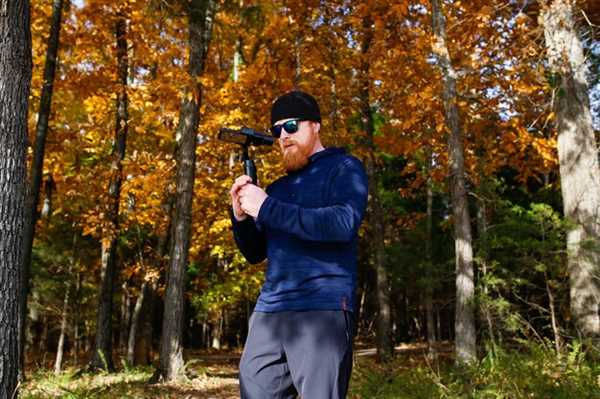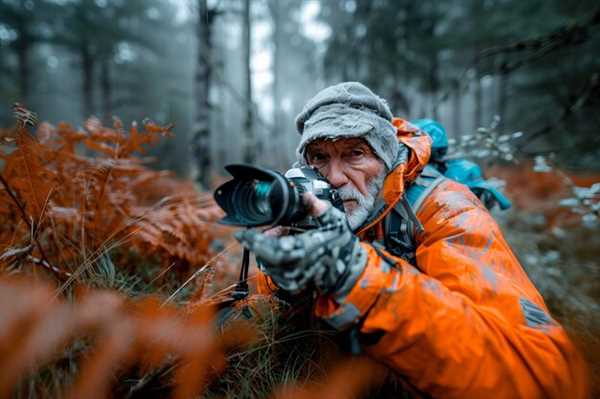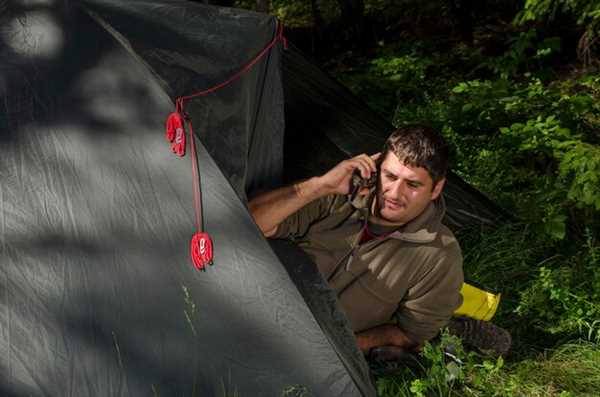Introduction: Seeing Beyond the Dark
Night vision technology has transformed the way people interact with the outdoors. What was once restricted to military and tactical applications is now widely accessible to hunters, campers, security professionals, and nature observers. A compact monocular provides a lightweight and versatile way to enhance vision in low-light or no-light environments. Whether you are navigating through dense woods, scouting for wildlife, or ensuring perimeter safety, the benefits of owning a quality night vision device are undeniable.

The Evolution of Night Vision Devices
Night vision technology has been around for decades, but its refinement has accelerated in recent years. Early devices were bulky, power-hungry, and offered limited clarity. Modern monoculars, by contrast, are lightweight, efficient, and provide a crisp image that allows users to move naturally in dark conditions.
The compact size of monoculars makes them popular among outdoor enthusiasts who need to travel light. They also provide the flexibility of being mounted on helmets, cameras, or weapons, which broadens their usefulness. Instead of carrying larger binoculars or heavier equipment, users can rely on one durable device to handle different environments.
A Closer Look at Modern Monoculars
Today’s monoculars are designed with the user in mind. They often feature multi-coated lenses for better light transmission, durable housings that can withstand tough conditions, and compatibility with additional accessories such as magnifiers or infrared illuminators.
One example of a professional-grade device is the AGM pvs 14 nl1, which is widely recognized for its balance between performance and portability. Mentioning this model helps illustrate what modern monoculars can deliver: excellent image quality, long battery life, and rugged reliability. Devices in this category have set the standard for what outdoor users expect from night vision equipment.
Key Features to Look For in a Night Vision Monocular
When evaluating different models, several features stand out as crucial for performance and user satisfaction:
- Image Intensifier Tube Quality – Higher-grade tubes deliver sharper images with better contrast in complete darkness.
- Resolution and Clarity – Measured in line pairs per millimeter, clarity directly impacts how well you can distinguish objects.
- Field of View – A wider field is helpful for navigation and tracking movement.
- Durability and Weather Resistance – A rugged, water-resistant body ensures the device survives harsh outdoor conditions.
- Battery Life – Longer runtime means greater reliability during extended trips.
- Weight and Ergonomics – Comfort matters when using the monocular for hours, especially if mounted.
By considering these aspects, buyers can make an informed decision that matches their needs, whether for hunting, camping, or professional security.

Applications in Hunting
For hunters, night vision is not just a convenience but often a necessity. Many animals are nocturnal, and spotting them without advanced optics is nearly impossible. A monocular allows hunters to track movement quietly and safely in darkness, improving success rates without disturbing the natural environment.
Unlike traditional flashlights, which alert wildlife to human presence, a night vision device provides discreet observation. This enables hunters to study animal behavior, locate game trails, and identify potential hazards in silence.
Security and Tactical Uses
Security professionals also rely heavily on monoculars. Guards and surveillance teams can monitor areas at night without adding artificial light that might reveal their position. Military and law enforcement units have long depended on such devices to gain a tactical edge, and civilians can now benefit from the same technology for property protection.
Tactical users value compact size, helmet-mounting options, and the ability to integrate with weapon sights. The monocular’s versatility makes it an indispensable part of any security toolkit.
Outdoor Adventure and Exploration
Beyond hunting and security, monoculars are invaluable for campers, hikers, and explorers. Imagine setting up a tent in the dark without a flashlight or navigating a forest trail at midnight. With night vision, these tasks become far safer and more efficient.
Wildlife enthusiasts also benefit, as they can observe nocturnal animals in their natural habitat without causing disturbance. For travelers and adventurers, this opens up a new world of night exploration that was previously limited to daylight hours.

Maintenance and Care of Night Vision Devices
Owning a monocular is an investment, and proper care extends its lifespan. Here are some essential tips:
- Keep lenses clean with a microfiber cloth and avoid harsh chemicals.
- Store in a dry, padded case when not in use to protect from moisture and shocks.
- Remove batteries if storing for long periods to prevent leakage.
- Avoid direct bright light exposure, as this can damage the intensifier tube.
- Check seals and housing regularly to ensure water resistance remains intact.
These steps ensure consistent performance and protect your device from avoidable wear.
Common Misconceptions About Night Vision
Many people assume that all night vision devices are the same, but this is far from true. Some believe they work only with ambient moonlight, yet modern monoculars often include infrared illuminators for total darkness. Others think the green image is outdated, but in reality, that color is chosen because it is easiest for human eyes to process for extended periods.
Another misconception is that night vision is fragile. While older models may have been delicate, modern monoculars are designed to withstand rugged use, even in demanding field conditions.
Choosing the Right Device for Your Needs
Selecting the right monocular comes down to your purpose. A hunter may prioritize long battery life and a wide field of view, while a security guard might need helmet compatibility and rugged durability. For casual adventurers, affordability and portability might outweigh advanced features.
Researching different models and comparing specifications is vital. Reading user reviews and consulting with experts can also guide buyers to the most suitable choice.
Conclusion: Expanding Your Horizons at Night
Night vision monoculars empower users to experience the world in new ways. From hunters tracking elusive prey to campers navigating forest paths, the advantages are clear. Security professionals and tactical users also rely on these devices to perform effectively in low-light conditions.
With the right care and thoughtful selection, a night vision monocular becomes more than just a gadget—it becomes a trusted companion for countless adventures. As technology continues to advance, users can expect even lighter, sharper, and more efficient devices to redefine what is possible in the dark.


